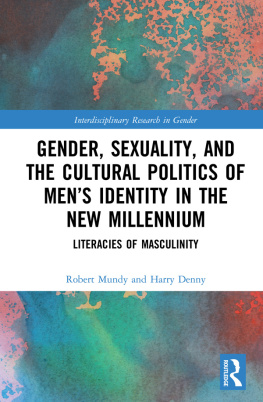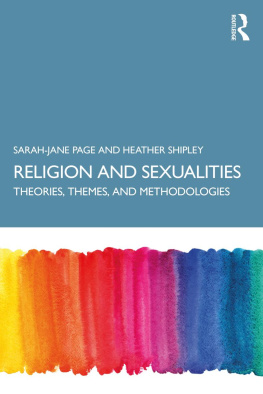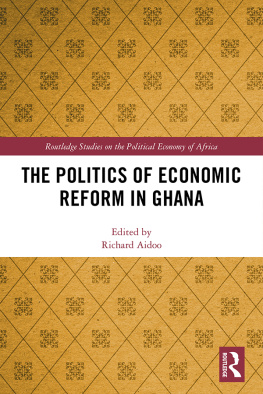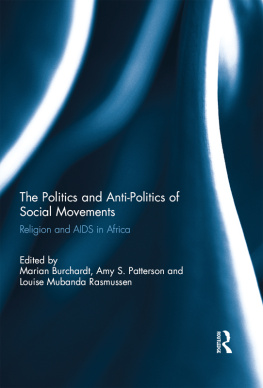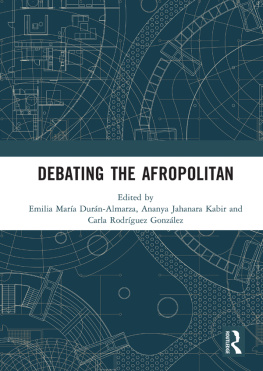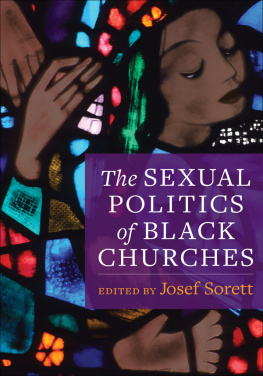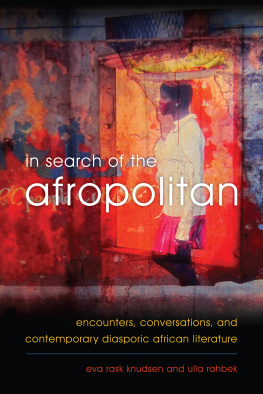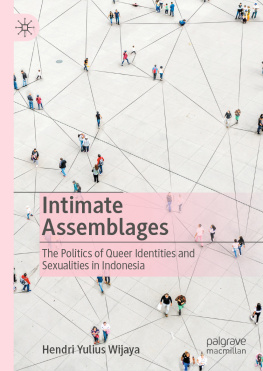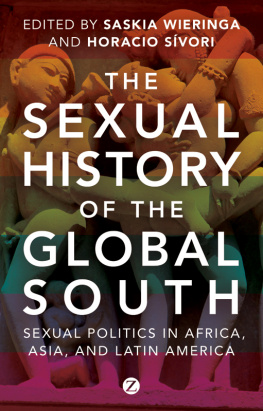Contents
Guide
Pagebreaks of the print version
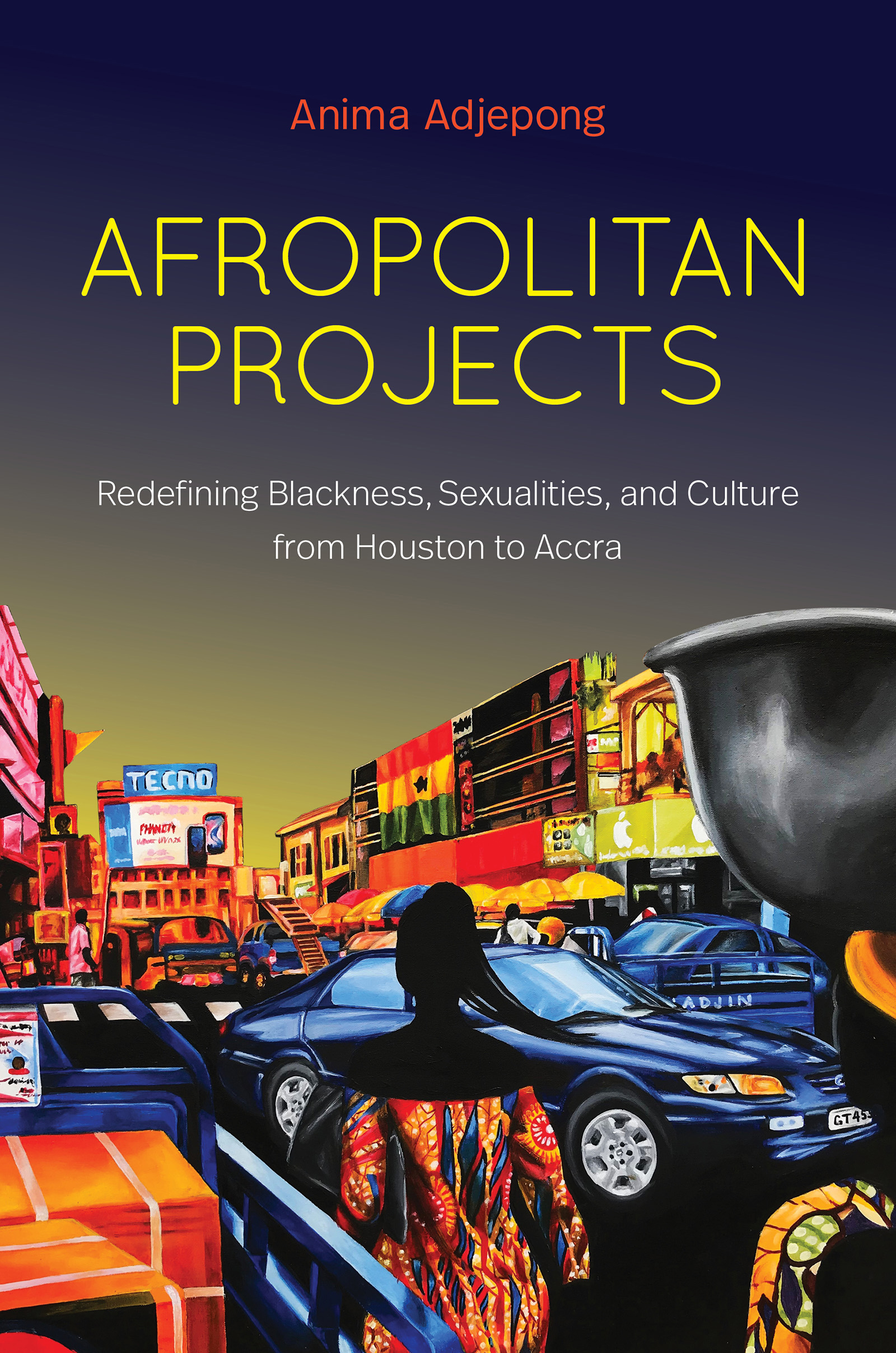
Afropolitan Projects
Afropolitan Projects
Redefining Blackness, Sexualities, and Culture from Houston to Accra
Anima Adjepong
The University of North Carolina PressCHAPEL HILL
This book was published with the assistance of the Authors Fund of the University of North Carolina Press.
2021 The University of North Carolina Press
All rights reserved
Set in Merope Basic by Westchester Publishing Services
Manufactured in the United States of America
The University of North Carolina Press has been a member of the Green Press Initiative since 2003.
Library of Congress Cataloging-in-Publication Data
Names: Adjepong, Anima, author.
Title: Afropolitan projects : redefining Blackness, sexualities, and culture from Houston to Accra / Anima Adjepong.
Description: Chapel Hill : University of North Carolina Press, [2021] | Includes bibliographical references and index.
Identifiers: LCCN 2021009999 | ISBN 9781469665184 (cloth) | ISBN 9781469665191 (paperback) | ISBN 9781469665207 (ebook)
Subjects: LCSH: GhanaiansUnited StatesSocial conditions21st century. | GhanaiansForeign countriesSocial conditions21st century. | Return migrantsGhanaSocial conditions21st century. | GhanaSocial conditions21st century.
Classification: LCC DT510.4 .A44 2021 | DDC 305.896/67dc23
LC record available at https://lccn.loc.gov/2021009999
Cover illustration: Sharon Adebisi, The Acclimatised Foreigner. Used by permission of Sharon Adebisi/ARTBYADEBISI.
Lyrics from Black Girls Glow, Humpty Dumpty, Mother of Heirs (2017), are used with permission.
For my brothers, Kobe and Yirenkyi, and in memory of our sister, Kwakyewaa
So you see, My Precious Something, all that I was saying about language is that I wish you and I could share our hopes, our fears and our fantasies, without feeling inhibited because we suspect someone is listening. As it is, we cannot write to one another, or speak across the talking cables or converse as we travel on a bus or train or anywhere, but we are sure they are listening, listening, listening.
AMA ATA AIDOO, Our Sister Killjoy; or, Confessions of a Black-Eyed Squint
In this perspective, cultural identity is not a fixed essence at all, lying unchanged outside history and culture. It is not some universal and transcendental spirit inside us on which history has made no fundamental mark. It is not once-and-for-all. It is not a fixed origin to which we can make some final and absolute Return. Cultural identities are the points of identification, the unstable points of identification or suture, which are made, within the discourses of history and culture. Not an essence, but a positioning. Hence, there is always a politics of identity, a politics of position, which has no absolute guarantee in an unproblematic, transcendental law of origin. The original Africa is no longer there. It too has been transformed.
STUART HALL, Cultural Identity and Diaspora
Our imagination is where our strength to resist lies.
BELL HOOKS AND STUART HALL, Uncut Funk: A Contemplative Dialogue

Contents
Figures
Woforo dua pa a, na ypia wo vi
Untitled, by Sel Kofiga
Untitled_41, by Eric Gyamfi
Acknowledgments
Many thanks to Ben Carrington, Toyin Falola, Gloria Gonzlez-Lpez, Jemima Pierre, and Nestor Rodriguez for their guidance on the dissertation that inspired this book. My dissertation research and the committees insights were foundational to making the arguments that unfold in the pages that follow. Likewise, in the Sociology Department at the University of Texas at Austin, Christine Williams, Sharmila Rudrappa, and Rob Crosnoe offered feedback and support along my entire PhD journey, and I am grateful for their input. Many thanks, too, to Evelyn Porter, Kevin Hsu, Julie Knisley, Valerie Weinstein, and the departments entire administrative staff. I also received meaningful intellectual and life support from faculty and staff in the African and African Diaspora Studies Department, including Simone Browne, Caroline Faria, Joy James, Omi Jones, Xavier Livermon, and Minkah Makalani. Conversations with Abel Amado, Diane Harriford, and my colleagues in the Sociology Department at Simmons University helped me clarify some of my interventions and concepts.
I appreciate the financial support I received from the West African Research Association and the Simmons Faculty Development Fund, which allowed me to go to Accra in 2018. Funding from the Urban Ethnography Lab, the College of Liberal Arts, and the Center for Womens and Gender Studies at UT Austin supported my time in Houston, for which I am thankful. I am also grateful to the staff and director at the Charles Phelps Taft Research Center, which provided necessary funding for the completion of the book.
On the invitations of Chinwe Oriji, Ther Pickens, Rudo Mudiwa, and Ashley Currier, I had the opportunity to present chapters and theoretical frames at the University of Virginia, Bates College, Princeton University, and the University of Cincinnati. These presentations provided valuable feedback, and I am thankful for the ongoing support of this work. Joseph Ewoodzie reached out to me to form a writing group, and I appreciate his gathering us to think together in a mutually supportive format. Drs. Kitty Girls, Shameka Powell, and Brandon Robinson read every chapter of this book at least once, providing critical feedback and encouragement. I had fun sharing drafts and hearing their generous, unfiltered reactions as the manuscript developed. It was through Joseph that I first met Lucas Church at University of North Carolina Press. I am thankful for the introduction and have enjoyed the relationship Lucas and I have built over the course of developing this book. To the team at UNC Press, including Lucas, Liz, Dylan, and Andrew, many thanks for your patience, encouragement, and careful handling of this book. My thanks also to the two anonymous reviewers who read this manuscript with attention and generosity, asking questions that pushed me to clarify concepts and manifest my arguments more clearly. Sylvia Bawa, Kemi Balogun, and Felicia Zamora agreed to a publicized preview conversation about the book, and I am so thankful for their kindness and encouragement.
A beloved transnational community has sustained me over the years. From our group chats, weekly dinners, House of Mati gatherings, long telephone conversations, and waakye beach dates, I could not have dreamt you to be more wonderful than you are. I thank you for your love, encouragement, and playful energy, and for being the best posse a person could ask for. Eric Gyamfi and Sel Kofiga (Robert Gbemu) were so kind as to allow me to use their artworks in this book. It has been wonderful developing a relationship with them over the years, and I am thankful to have them in my life. I am also thankful to Asantewa for permission to use lyrics from the Black Girls Glow debut album. In 2019, I made the decision to leave my tenure-track position as an assistant professor of sociology. During a period when ostensibly stable tenure-track jobs are rapidly disappearing only to be replaced by an ever expanding and precarious adjunct labor force, my decision to resign seemed irrational at best, at worst, hubristic. My partner Asher Keithley supported my leap outside conventional boundaries. They read each chapter of this book and cheered me on the whole way through. My deepest appreciation goes to them for their love and support.


